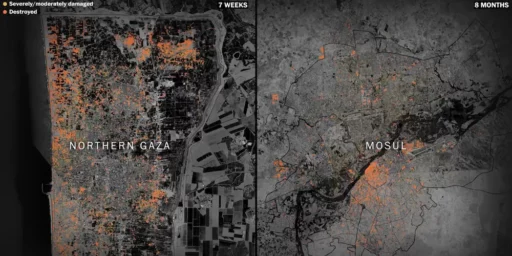MORE TROOPS?
CDI’s Marcus Corbin weighs in on this latest hot topic, taking the position that much of the needed shortfall can be addressed by more efficient allocation of existing troop assets.
Although the Army does not need expanding, the experience in Iraq shows that it certainly could improve its readiness for peace keeping roles. Until now, the broad concept of U.S. military “transformation” has focused on developing and integrating hardware that could detect, communicate information about, and strike conventional battlefield targets ever more easily, accurately and rapidly. The occupation of Iraq, however, suggests that military transformation now needs to become something else. Transformation, and all the attendant institutional focus, thinking, and resources that has gone with it, now needs to be redefined as preparation for complex, unconventional, political conflicts — such as are often found in occupation and peacekeeping missions.
While Rumsfeld’s decision to use a smaller ground force may have worked for the job of winning the war, the widespread looting and break down in security immediately following the war showed there were far few troops on hand for the job of occupation. The shortages led not just to the failure to protect museums, but also crucial hospitals, key government ministries and most unfathomably, the very sites of weapons of mass destruction that the war was ostensibly fought over, such as the Tuwaitha Nuclear Research Center near Baghdad. A future military that is more trained and prepared to handle the challenges of security building as well as war-fighting should be able to respond to such situations more rapidly and effectively — and even to anticipate them.
This debate has been ongoing, much more quietly than of late, for a little over a decade. The problem is that the U.S. military is only very slowly and reluctantly coming to think of peacekeeping and other constabulary missions as part of “what we do.” Like it or not, though, these missions and their attendant skill set demands are the modal ones our armed forces will have to perform.





